Joanne Banks and Emer Smyth use data from a study that followed approximately 900 students between 2002 and 2007/8. They use a combination of quantitative surveys and qualitative interviews. Their results are published in the Journal of Youth Studies. It is the sport related findings that of particular interest to this post, however, it is worth noting some of the other findings. For example, females experience much higher levels of stress than their male counterparts.
Another interesting finding is that higher achieving students feel under greater pressure. The authors put this down to academic self-image. One possible way around this might be to get parents and teachers to focus on the efforts of the child rather than their results. Most teachers and sports coaches realise that they should praise the efforts of their charges rather than praise the person. Carol Dweck provides an excellent account of the dynamics in her book Mindset. She describes research where students who were praised for their effort subsequently performed better than student who were told that they were intelligent.
When it comes to interpretation of the results from Banks and Smyth, it is worth noting the social side. The authors highlight the negative impact of feeling isolated and the positive impact of belonging to a larger group. The negative impact of being isolated can be seen by the large, and statistically significant, impact on how the students (see Table 2 below). The positive impact of belonging, and frequent involvement, in school-based sport is also clear from the result presented in Table 2.
In the text surrounding Table 2, the authors also provide the details on tests that are not reported. It is important to outline these other findings so as to clearly understand what is presented in Table 2. The authors found "that participation in extra-curricular activities such as school-based clubs and drama had no significant association with stress levels". In other words, it is NOT about belonging to any school-based club or society. Nor is it about sport outside of school. The authors examined the "relationship between participation in non-school sports and stress" and "[n]o significant effect was found". Therefore, it is NOT about sport per se. It is the combination, and the frequency of the involvement, in school-based sport that is important. It is worth quoting extensively from the authors to reinforce this point.
"The analyses indicate that students who take part in school-based sports on a more frequent basis (three or more times in the previous two weeks) have lower stress levels than their peers. In order to assess whether this was related to the impact of physical activity rather than social participation, analyses examined the relationship between participation in non-school sports and stress. No significant effect was found so it is evident that an activity which combined school belonging and physical exercise played a role in reducing stress".
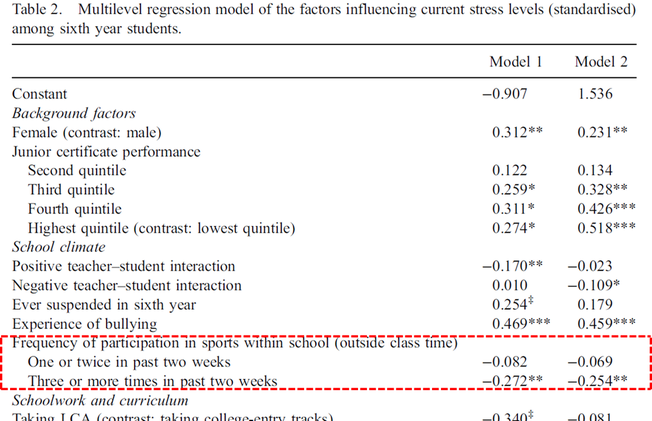
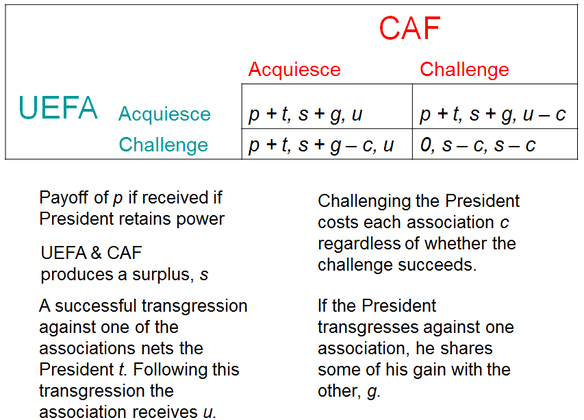
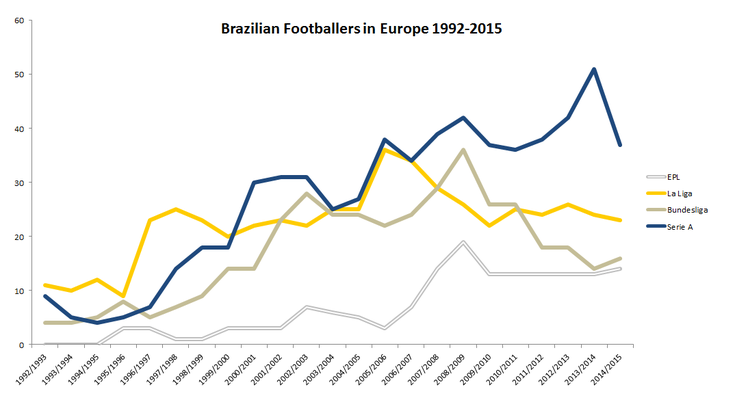




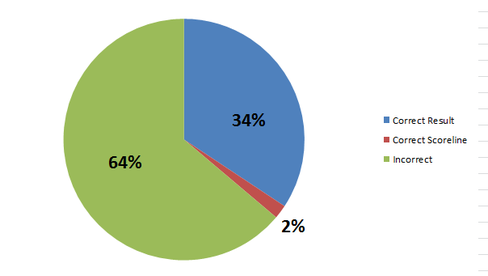
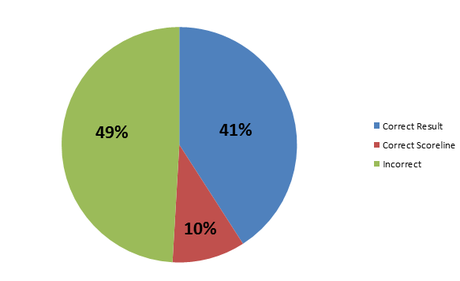
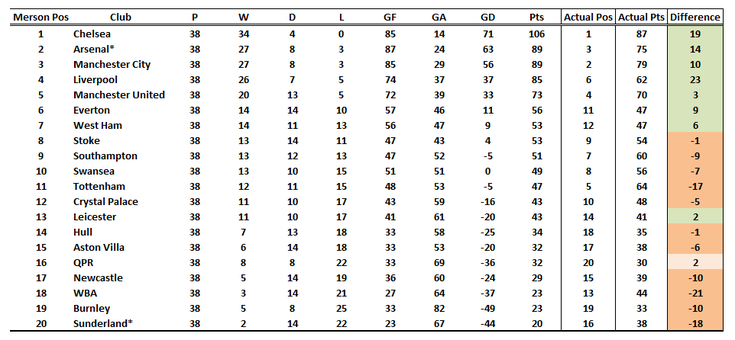
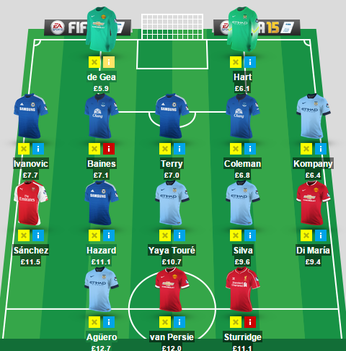
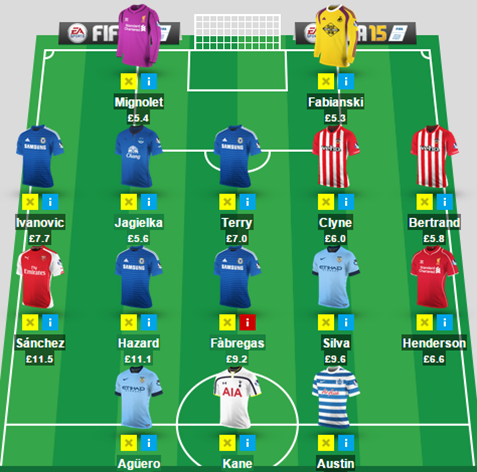
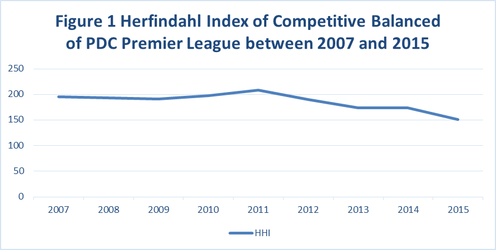
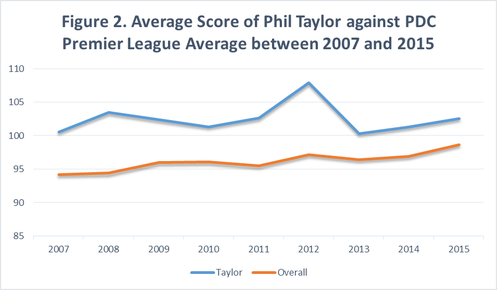
 RSS Feed
RSS Feed